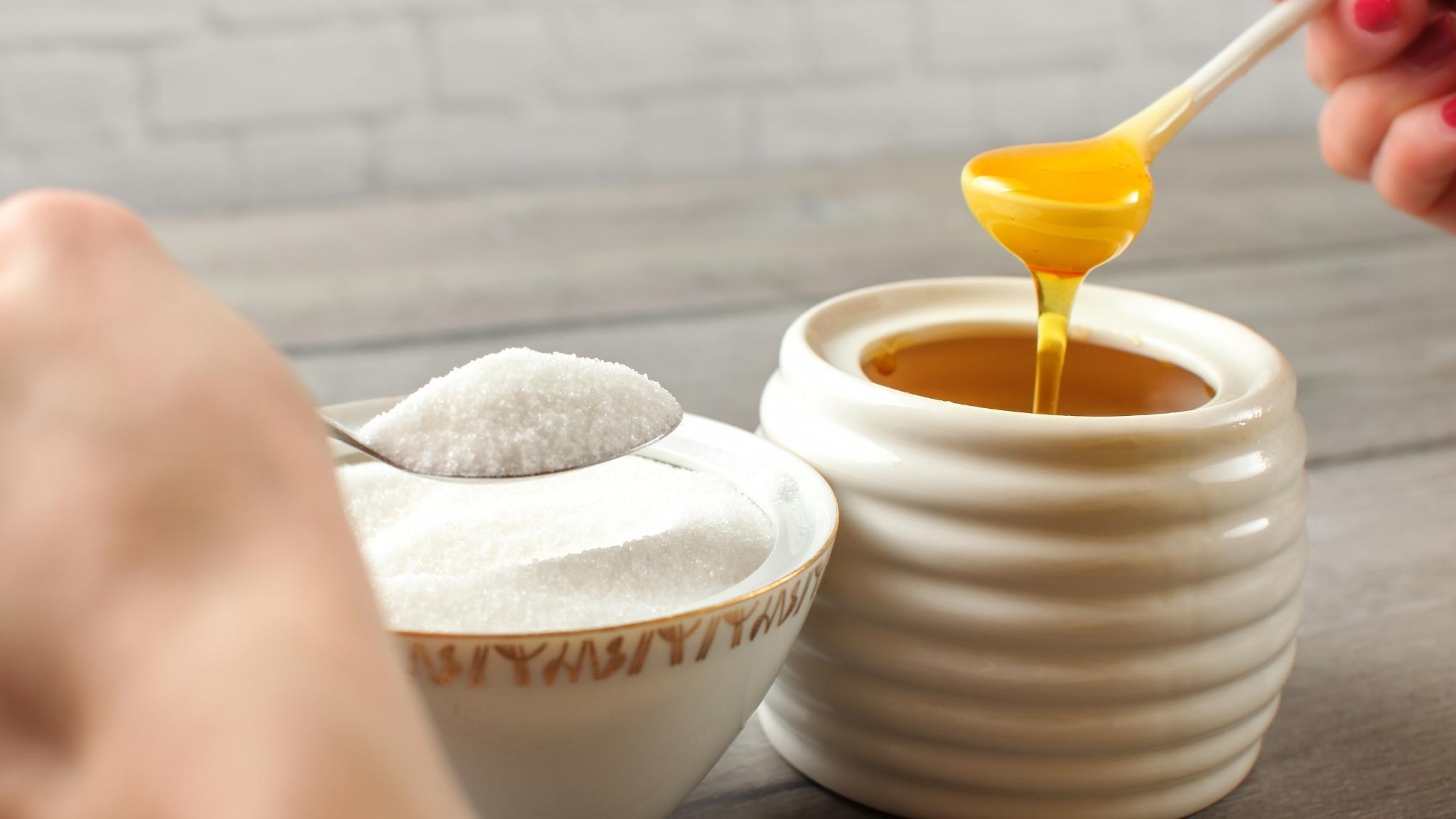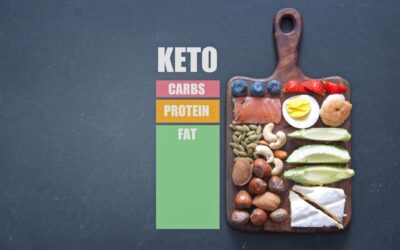
Table of Contents
- What is honey?
- Type 1 vs Type 2 diabetes
- Can You Eat Honey if You Have Diabetes?
- Does honey raise your blood sugar?
- How long does honey keep your blood sugar high?
- Does honey raise your insulin levels?
- Is honey beneficial for diabetes?
- How Much Honey Can You Eat if You Have Diabetes?
- What kind of honey can diabetics eat?
- Processed sugar vs honey for diabetics
- What is the safest sweetener for diabetics?
- Conclusion
It’s no secret that honey is a delicious natural sweetener, but can diabetics eat honey? The answer is yes, in moderation. While all sweeteners should be used sparingly by people with diabetes, honey has some benefits that make it a better choice than other options. For one, honey contains antioxidants which may help improve blood sugar control. It also has a lower glycemic index than other sugars, meaning it doesn’t cause as big of a spike in blood sugar levels. However, it’s still important to account for the carbohydrate content of honey when managing blood sugar levels. All things considered, honey is a good option for diabetic individuals who are looking for a naturally sweet alternative to artificial sweeteners.
What is honey?
Honey is a sweet, viscous food substance produced by bees and some related insects. Bees produce honey from the nectar of flowers. When foraging, bees collect nectar and store it in their stomach. When a bee returns to the hive, it regurgitates the nectar. These bees secrete enzymes that break down the complex sugars in the nectar into simple sugars, which are then used to make honey. Honey is composed of fructose, glucose, water, minerals, vitamins, and pollen. It has a wide variety of uses in cooking and baking. Honey is also used as a spread on bread or toast and as a sweetener in tea. Additionally, honey has been used medicinally for thousands of years to treat a variety of ailments.
Type 1 vs Type 2 diabetes
Type 1 and type 2 diabetes are two different conditions that are often confused. Type 1 diabetes, or insulin-dependent diabetes, is a chronic genetic condition in which the pancreas produces little or no insulin. Insulin is a hormone that helps the body to control blood sugar levels. People with type 1 diabetes must take insulin injections for the rest of their lives.
For Type 2 diabetes, the body does not produce sufficient insulin or the cells do not respond properly to insulin. This is developed mainly due to lifestyle choices. This form of diabetes can often be controlled through diet and exercise. However, some people with type 2 diabetes may also require medication or insulin injections.
Can You Eat Honey if You Have Diabetes?
The jury is still out on whether honey is a good choice for people with diabetes. On the one hand, honey does contain sugar, so it may raise blood sugar levels. However, honey also contains other nutrients that may help to regulate blood sugar levels. In addition, honey has been shown to have a lower glycemic index than other types of sugar, meaning that it doesn’t cause spikes in blood sugar levels.

As a result, some experts believe that honey may be a better choice for people with diabetes than other sweeteners. Ultimately, the decision whether or not to eat honey if you have diabetes should be made in consultation with a healthcare provider.
Does honey raise your blood sugar?
When you eat honey, your body breaks it down into glucose and fructose and sends it straight to your liver. Your liver then processes the sugars and releases them into your bloodstream. This raises your blood sugar levels. However, honey also contains vitamins, minerals, and antioxidants that may help offset the effects of sugar. Additionally, the type of honey you eat may affect how much it raises your blood sugar levels. For example, darker honey like buckwheat honey tend to have a higher concentration of fructose, which can cause a greater spike in blood sugar levels.
How long does honey keep your blood sugar high?
The amount of time that your blood sugar remains high after eating depends on the type of sugar you have consumed. Simple sugars, such as those found in honey, are quickly broken down by the body and result in a sharp rise in blood sugar followed by a rapid drop.
In contrast, complex carbohydrates are broken down more slowly, resulting in a more gradual increase in blood sugar. Although honey does cause a spike in blood sugar, it is not generally considered to be harmful to people with diabetes. However, it is important to monitor your blood sugar levels closely if you do consume honey or other sweet foods.
Does honey raise your insulin levels?
Insulin is a hormone that regulates blood sugar levels. When you eat something sweet, your body responds by releasing insulin, which helps to regulate blood sugar levels. Some people believe that honey can raise insulin levels, but there is no scientific evidence to support this claim.
Is honey beneficial for diabetes?
People with diabetes either have a shortage of insulin or are unable to use insulin effectively. As a result, they have high levels of glucose in their blood. Honey has been shown to help lower blood sugar levels in both diabetics and non-diabetics. In one study, diabetic patients who ate honey daily for 29 days had lower fasting blood sugar levels than those who ate sucrose. In another study, honey was found to be more effective than sucrose at lowering post-meal blood sugar levels. Furthermore, honey has also been shown to improve other markers of diabetes, such as HbA1c and lipid levels. These findings suggest that honey may be a helpful addition to the diet of people with diabetes.
How Much Honey Can You Eat if You Have Diabetes?
If you have diabetes, you should speak with a healthcare provider before adding honey to your diet. While honey may offer some benefits, it is still a source of sugar and should be consumed in moderation. It is recommended to consume as little honey as possible. It is also important to monitor your blood sugar levels closely if you do consume honey. If you notice a spike in blood sugar levels, you may need to reduce consumption or adjust your insulin dosage.
What kind of honey can diabetics eat?
Honey has been used as a medicinal remedy for centuries, and recent research has shown that it can be particularly beneficial for diabetics. The key is to choose raw, unprocessed honey. This type of honey retains all of the natural enzymes and antioxidants that have health-promoting properties. Processed honey, on the other hand, has been heated and filtered, stripping away many of these beneficial compounds. Raw honey also has a lower glycemic index than processed honey, meaning that it won’t cause blood sugar levels to spike as quickly. For diabetics, raw honey is a great way to enjoy the sweetness of honey without compromising their health.
Processed sugar vs honey for diabetics
When it comes to sweeteners, there are a few different options available for diabetics. One common choice is sugar, which is widely available and relatively inexpensive. However, sugar is also high on the glycemic index, meaning that it can cause sharp spikes in blood sugar levels. As a result, sugar may not be the best choice for diabetics who are trying to control their blood sugar levels.

Another option is honey, which has a lower glycemic index than sugar. Honey also contains antioxidants and other nutrients that may offer some health benefits. However, honey is also more expensive than sugar, and it may not be as widely available. Ultimately, the best sweetener for diabetics will vary depending on individual needs and preferences.
What is the safest sweetener for diabetics?
When it comes to sweeteners, there are a few options available that are suitable for diabetics. The most common types are sugar alcohols, which are slowly metabolized and don’t cause spikes in blood sugar levels.
One type of sugar alcohol, erythritol, is about 70% as sweet as sugar and doesn’t have a noticeable effect on blood sugar levels. Another type of sugar alcohol, xylitol, is even sweeter than sugar and has some benefits for dental health. However, it can cause bloating and diarrhea in some people. Stevia is another option that is plant-based and zero-calorie. It’s much sweeter than sugar, so you only need a small amount. Monk fruit extract is another plant-based sweetener that is fairly new to the market. Like stevia, it is very sweet and has no calories. However, it can be more expensive than other options.
Overall, there are a few different options available for diabetics who want to enjoy something sweet without raising their blood sugar levels. Talk to your doctor or dietitian to find out which option is best for you.
Conclusion
Can you eat honey if you have diabetes? The answer is yes, in moderation. Honey is a natural sweetener that contains carbohydrates. These carbohydrates are turned into glucose, which raises your blood sugar levels. However, the benefits of honey may outweigh the risks for some diabetics. Honey also has antioxidants and anti-inflammatory properties that can be beneficial for people with diabetes. Talk to your doctor about whether or not honey is a good choice for you and how much honey you can safely eat each day.




